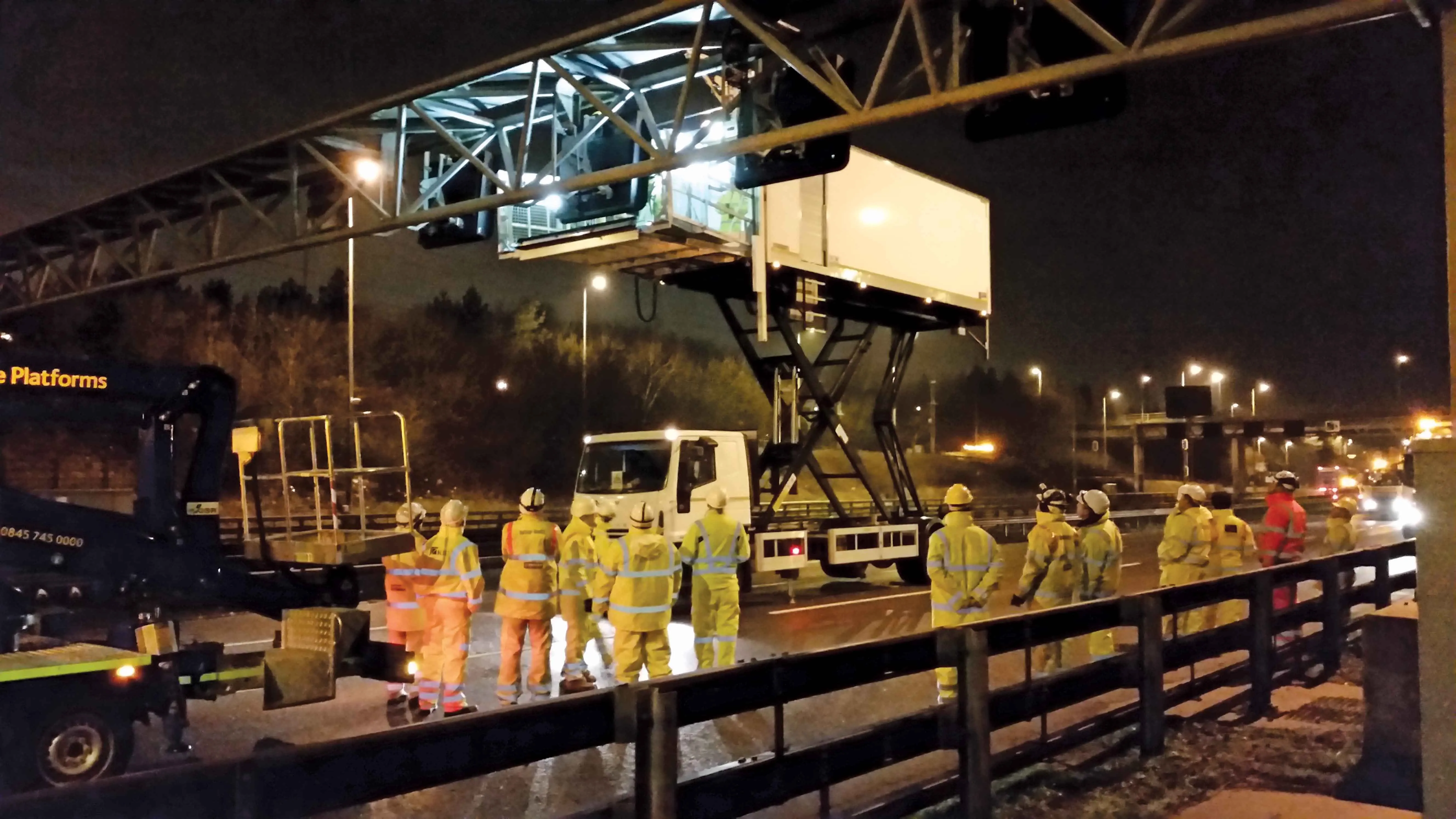Russian youngsters take a determined stand to tackle drivers taking to the pavements. Although driving on the pavement is an offence in Russia, some drivers do so in a bid to jump ahead in traffic queues, endangering pedestrians. However these youths have taken direct action in a bid to address the issue, using video cameras to show the results.
September 23, 2014
Read time: 1 min
Russian youngsters take a determined stand to tackle drivers taking to the pavements. Although driving on the pavement is an offence in Russia, some drivers do so in a bid to jump ahead in traffic queues, endangering pedestrians. However these youths have taken direct action in a bid to address the issue, using video cameras to show the results.








